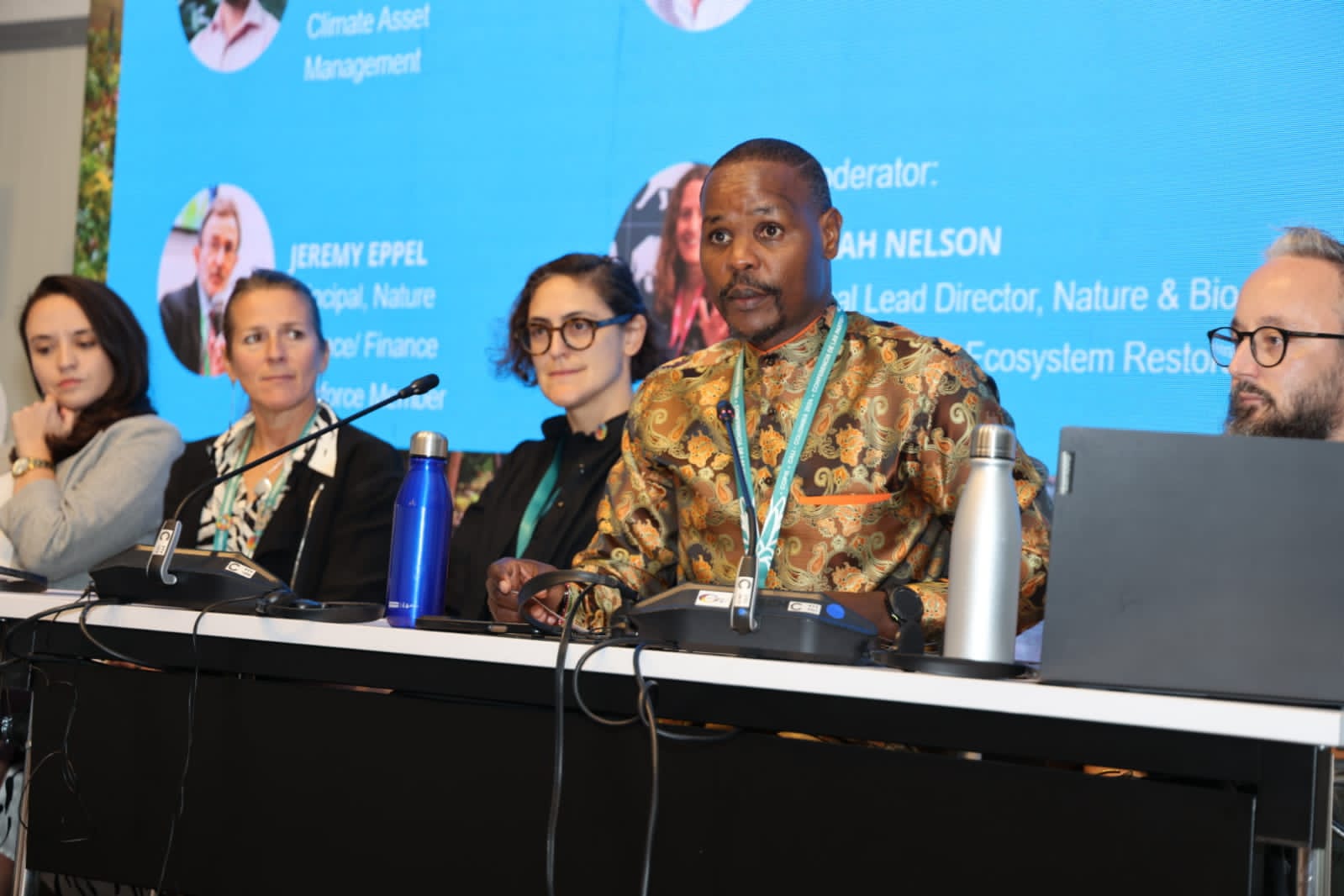During the ongoing United Nations Convention on Biological Diversity (COP16), the Principal Secretary of the State Department for Environment and Climate Change, Festus Ng’eno, emphasized the importance of building a robust economic case for restoration efforts.
“To accelerate restoration efforts, we must demonstrate the economic benefits of restoration to attract private investment and diversify funding sources,” he stated.
He further highlighted the necessity of exploring a range of financing mechanisms to ensure long-term sustainability in restoration initiatives.
The Principal Secretary stressed that strengthening international cooperation and fostering partnerships are crucial steps in unlocking the potential of restoration efforts.
“By implementing innovative financing mechanisms, we can create a more sustainable future for our planet,” he remarked.
To facilitate investments in restoration, Kenya has developed a comprehensive policy framework, which includes the National Strategy for Landscape and Ecosystem Restoration, Kenya’s Nationally Determined Contributions (NDCs), and the National REDD+ Strategy.
Additionally, he pointed to the establishment of Carbon Market Regulations, Kenya Green Bond Guidelines, and the Draft Green Fiscal Incentives Policy Framework as essential components of this strategic approach.
The Principal Secretary expressed his gratitude for the opportunity to share insights as a panellist during a World Bank-side event focused on scaling finance to deliver the global restoration agenda.
“It was an honour to participate and discuss ways to enhance financial mechanisms that support restoration at such a significant gathering,” he concluded.
Through these initiatives and collaborative efforts, Kenya aims to position itself as a leader in restoration finance, demonstrating the vital connection between economic growth and environmental sustainability.





